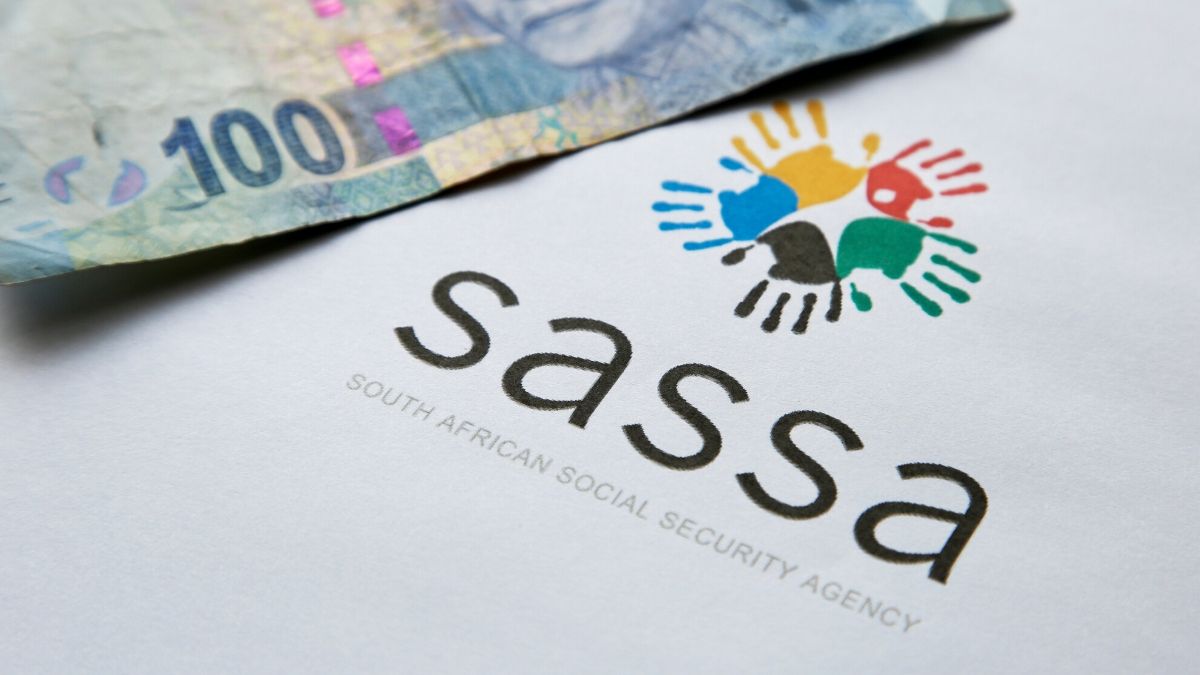
The Social Relief of Distress (SRD) grant is a crucial form of financial assistance provided to unemployed individuals in South Africa. While millions have benefited from this grant, some applicants may receive the status of ‘Debtor’ when checking their application status. In this article, we will clarify the meaning of the ‘Debtor’ status in relation to the SRD grant, explain the necessary actions to take upon receiving this status, and provide guidance on determining if you owe money to the South African Social Security Agency (SASSA).
What Does ‘Debtor’ Status in SASSA SRD Grant really mean?
The ‘Debtor’ status for the SRD grant indicates that you were initially paid during the initial round of SRD grant payments but were later found to be ineligible for the grant during an audit conducted by SASSA. As an applicant with the ‘Debtor’ status, it is necessary to repay the funds received to be considered for future rounds of SRD grant payments.
It is important to note that the ‘Debtor’ status is not eligible for reconsideration or appeal until the debt owed to SASSA is settled. This measure ensures that the funds are allocated to individuals who genuinely meet the eligibility criteria for the SRD grant and prioritize those in need of financial assistance.
If you receive the ‘Debtor’ status, SASSA will notify you through an SMS indicating your status. To dispute your ‘Debtor’ status and seek resolution, you can contact SASSA’s toll-free call center at 0800 601 011.
What To Do Upon Receiving a ‘Debtor’ SASSA SRD Status
If you find that your SRD grant application has been labeled as ‘Debtor,’ there are specific steps you can take to address the situation effectively:
- Understand the status: Familiarize yourself with the meaning of the ‘Debtor’ status, which indicates that you were initially paid during the first round of SRD grant payments but were later found ineligible during an audit. To become eligible for future SRD grant payments, you must repay the funds received.
- Repay the debt: To rectify the ‘Debtor’ status, it is crucial to settle the debt owed to SASSA. Repaying the debt ensures that the funds can be allocated to individuals who meet the eligibility criteria for the SRD grant.
- Call SASSA: Contact SASSA’s toll-free helpline at 0800 601 011 or send an email to request information regarding the specific procedure for settling the outstanding amount. The SASSA team will provide you with essential details and instructions on the subsequent steps to be taken.
- Settle the debt promptly: It is essential to settle the debt as soon as possible to remove the ‘Debtor’ status and regain eligibility for future SRD grant payments. Make sure to follow the instructions provided by SASSA to ensure a smooth resolution.
- Consider seeking financial advice: If you are facing difficulties in repaying the debt, you may benefit from seeking financial advice or assistance. South Africa has various organizations and resources that provide financial counseling services to individuals in need.
Remember, resolving the ‘Debtor’ status is crucial to maintain eligibility for the SRD grant. By promptly addressing the debt and following the necessary procedures, you increase your chances of receiving future grant payments.
How to Verify If You Owe Money to SASSA
If you are unsure whether you owe any outstanding dues to SASSA or wish to confirm your financial standing, you can take the following steps:
- Call SASSA: Contact SASSA’s toll-free helpline at 0800 601 011 or send an email to request information regarding the specific procedure for settling any outstanding amounts. The SASSA team will provide you with essential details and instructions on the subsequent steps to be taken.
- Provide personal identification information: When reaching out to SASSA, ensure that you have your identification details ready, including your ID details and any other pertinent data that can assist them in locating your records and providing precise information.
- Seek written confirmation: If SASSA confirms that you owe money, request a written confirmation of the debt and the specific amount owed. Having this documentation will be useful for reference and future communication regarding the repayment process.
- Understand repayment options: Inquire about the available repayment options and discuss the best approach for settling the debt with SASSA. They may provide guidance on repayment plans, installment options, or any applicable procedures to follow.
- Seek financial advice if needed: If you require assistance managing your debt or need guidance on financial matters, consider seeking advice from reputable financial counseling services or organizations. They can provide insights and strategies for effectively managing your financial obligations.
By contacting SASSA and clarifying your financial status, you can better understand whether you owe money and take the necessary steps to resolve any outstanding debts. Addressing the issue promptly will help you maintain a positive financial standing and ensure eligibility for future assistance programs.
Conclusion
Understanding the ‘Debtor’ status in relation to the SASSA SRD grant is vital for individuals seeking financial assistance in South Africa. The ‘Debtor’ status indicates that you were initially paid during the first round of SRD grant payments but were later found ineligible. To address this status, it is necessary to repay the funds received. Contacting SASSA to obtain specific instructions and settling the debt promptly is essential. If you are uncertain about owing money to SASSA, reach out to their call center for clarification and guidance on verifying your financial status. By taking the necessary steps and seeking assistance when needed, individuals can resolve their ‘Debtor’ status and ensure eligibility for financial assistance programs in South Africa.
Was this helpful?
0 / 0
#SASSA Grant